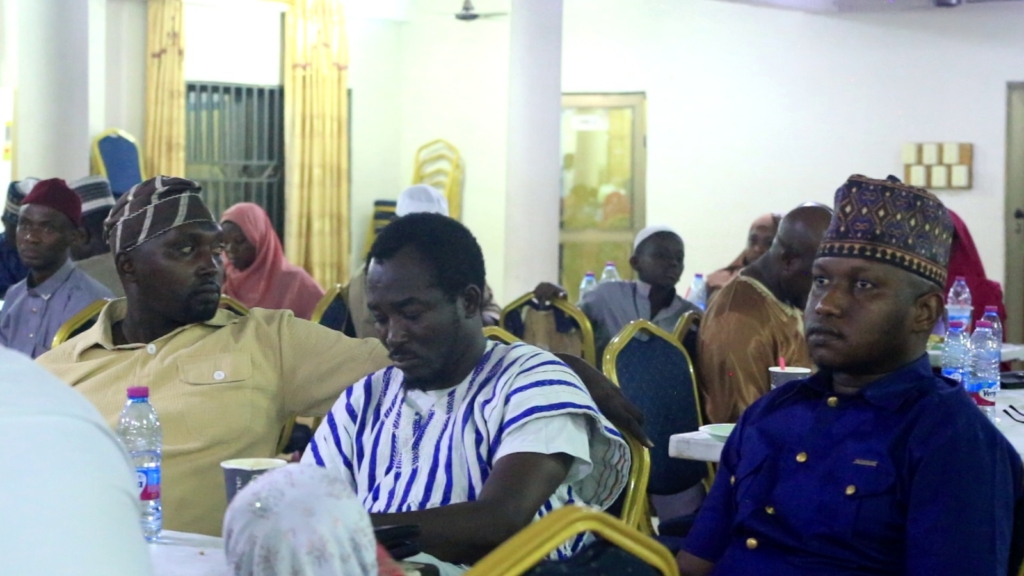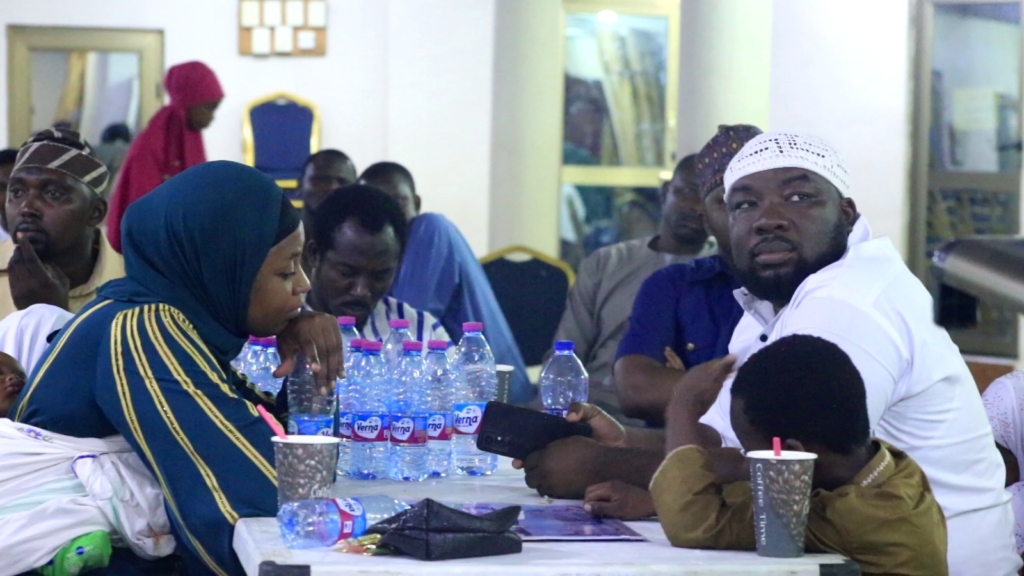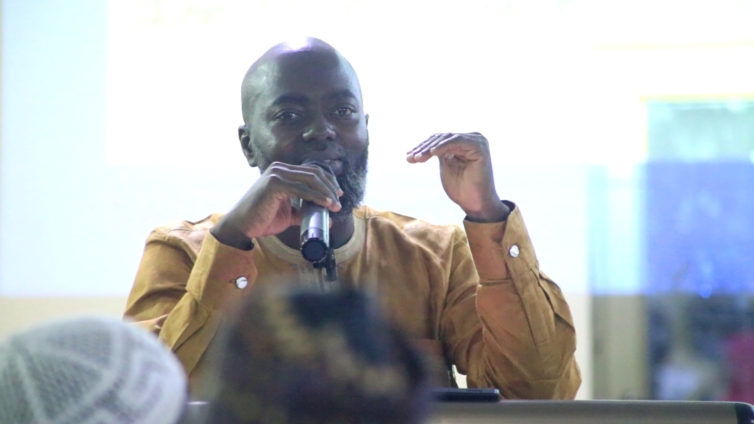A professor from the School of Engineering at Kwame Nkrumah University of Science and Technology (KNUST) has advised Muslims to use their time wisely to earn money that can be used to support those in need.
Professor Abdul-Rahman Ahmed emphasised that money becomes valuable when it is utilised to assist those who are most in need, highlighting the importance of wealth distribution among the less privileged.
"When you have money, you employ people and pay them so that there will be distribution of wealth among people who do not have," he said.
Speaking to members of the Muslim Professionals Association in Kumasi during an Iftar gathering, where Muslims break their fast, Professor Ahmed stressed the significance of employing people and paying them, thereby facilitating the redistribution of wealth to those who lack.

He argued that money loses its worth if it is not used for benevolent purposes, citing instances where wealthy individuals struggle to assist others.
Professor Ahmed encourages individuals to keep their wealth accessible for charitable deeds rather than hoarding, asserting that true generosity comes from readily offering help when needed.
"Your wealth should be in your hand, not your heart. When it is in your hand, you are always ready to help," he said.
Professor Ahmed explored the concept of "Al-Barka", distinguishing between a blessed life and a successful one.
He argued that money held in bank accounts remains inert and insignificant until it is invested wisely.
Drawing from an anecdote about a wealthy man who fell seriously ill and had to expend vast sums on medical treatment, the professor highlighted the inherent value of investments over mere accumulation of wealth.
According to him, the constant lamentation of the sick man about his healthcare expenses serves as a testament to his misguided prioritisation of material wealth.
“When Allah raises your rank, there is a reason for Allah to do that,” he said.
Rabiatu Kamil, treasurer of the Muslim Professional Association, regards Professor Ahmed's advice as a compelling wakeup call.
She said his insights will serve as inspiration for their community to contribute more generously and to express gratitude for the blessings bestowed upon them by Allah.
“When Allah gives you money, you are just a channel to give the money out. Because of the love for money, some people tend to worship money,” Rabiatu said.
Both the President of the Association, Dr. Abdul Samed Muntaka, and Secretary, Mohammed Nasir Ibrahim, stressed the importance of ethical wealth accumulation.
Dr. Muntaka emphasizes that while making money is crucial, it should never involve dubious methods like cheating.
He underscores the collective goal of seeking blessings in one's endeavors - cautioning against shortcuts like cocaine dealing or rituals, which may yield quick gains but ultimately lead to detrimental consequences.
“Cocaine dealing and doing rituals are the quick ways to make money but what is the end of it? Are you looking for salvation or this world?” Dr. Samed said.
Alhaji Ibrahim urged Muslims to spend their hard-earned money wisely, emphasising that legitimate earnings are the foundation for giving back to communities and positively impacting those connected to them.
“You cannot give if you don't earn. So the first thing is to strive hard to earn legitimately,” he stated.

Ongoing Projects
In 2023, the Muslim Professionals Association commenced the construction of a clinic in Antoa, Ashanti region, aimed at delivering high-quality healthcare services to the local community.
Although the project is currently in its sub-structure phase, it was initially scheduled for completion within six months. However, due to insufficient funding, it has stalled.
Association leaders emphasize that a steady cash flow from a reliable source could accelerate the project's completion, thereby supplementing government initiatives to enhance healthcare access for the underserved.
The project engineer, Abdul Aziz Abubakar estimates that an additional 400 thousand cedis is required to finalize the construction.
Latest Stories
-
There are greener pastures in Ghana-Prof. Owusu-Dabo optimistic of country’s potential
8 mins -
Myjoyonline Interview with Abubakar: Guinness World Record Holder for ‘Most Trees Hugged In An Hour’
15 mins -
JoyNews’ Clinton Yeboah honoured at 2023 Int’l Sports Media Awards in Spain
54 mins -
14 PWDs selected for maiden Africa Health Collaborative Medicine Counter Assistant training
1 hour -
Manchester United open to offers for nearly all of squad
2 hours -
Price of LPG per kilogramme constitutes 22% of taxes – LPG Marketers Association
3 hours -
Nigeria appoint Finidi George as new Super Eagles boss
4 hours -
Elevating Ghana’s creative industry: A blueprint for competing with Nigeria and South Africa
5 hours -
Poor finishing a problem for Asante Kotoko throughout the season – Prosper Ogum
6 hours -
Samini teams up with Francis Osei for ‘Sticks N Locks’ EP
6 hours -
Government should resource record labels – Seven Xavier
6 hours -
I need majority in parliament to successfully complete my term – Akufo-Addo pleads
6 hours -
Next NDC government will not recognise illegal contracts signed by current administration – Sammy Gyamfi
6 hours -
Premier League clubs vote in favour of spending cap plans
6 hours -
Nigeria’s fuel crisis brings businesses to a halt
6 hours

